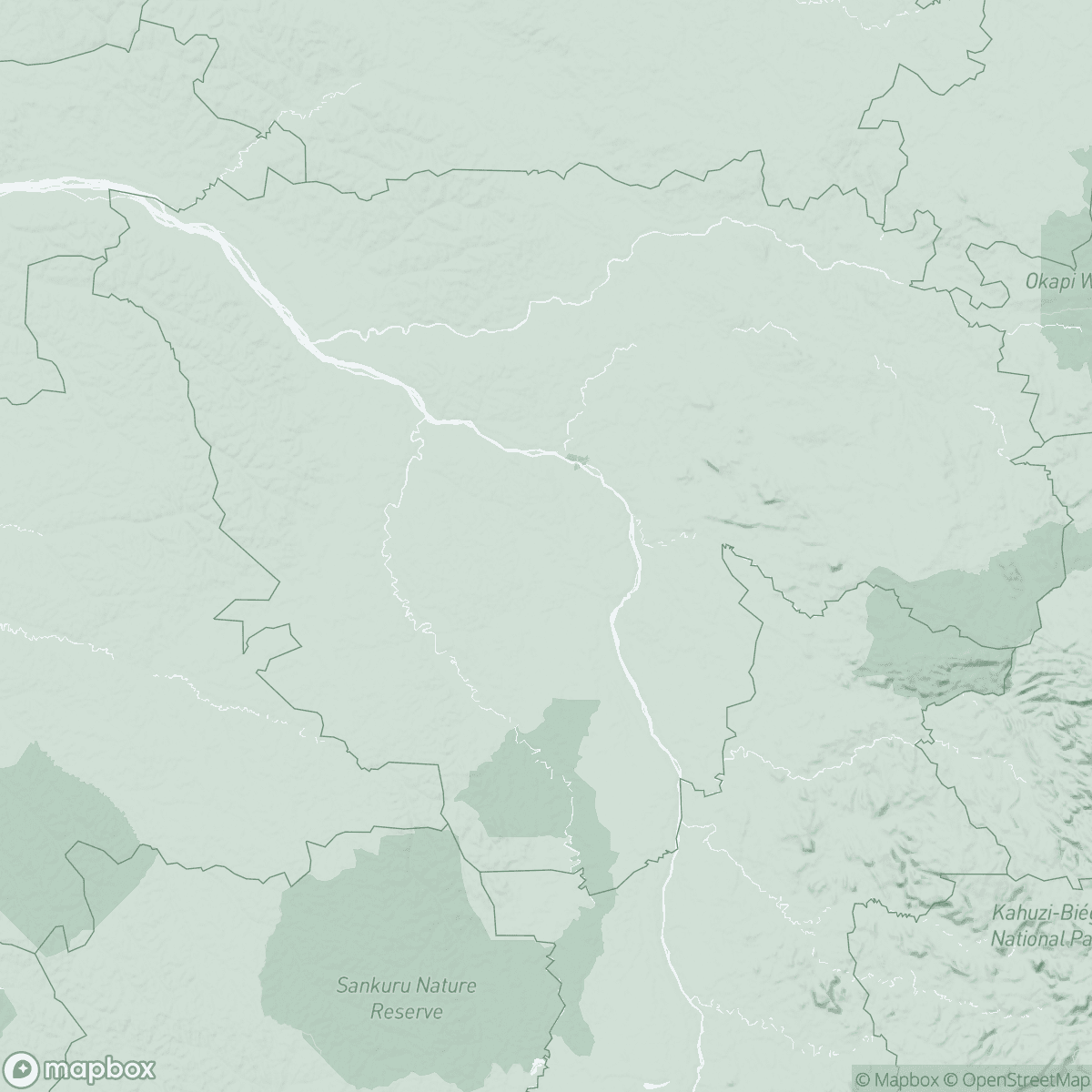
Mpox outbreak: "The availability of vaccines and diagnostic tools must be ensured"
In 1 click, help us spread this information :
On 13 August, the African Centre for Disease Control and Prevention (CDC Africa) declared Mpox (monkeypox) a continental ‘public health emergency’, a new initiative aimed at strengthening the public health response on the continent. The epidemic has affected several African countries, in particular the Democratic Republic of Congo (DRC). According to CDC data as of 4 August, there have been 38,465 cases of Mpox and 1,456 deaths in Africa since January 2022.
Faced with this emergency, Médecins Sans Frontières (MSF) has put in place several interventions to support the response to this epidemic. Operations are currently underway in the DRC in the provinces of North Kivu, South Kivu, Equateur and South Ubangi. Depending on how the epidemic develops, other interventions may be put in place.
Dr Amrish Baidjoe, Director of MSF's operational research unit in Luxembourg (LuxOR), epidemiologist and microbiologist, had this to say on the subject:
We are currently seeing an escalation of outbreaks of Mpox in several countries on the African continent. Mpox has been endemic in several countries on the African continent but the current number of outbreaks and confirmed cases is unprecedented. There are several variants circulating but at this moment it is not clear how exactly the impact of these variants differs. We are seeing a large number of cases in the Republic of Congo but also observe outbreaks in other countries where we didn’t observe these before and where MSF has operations.
There is a vaccine that protects relatively well against disease but it is not widely available. This is particularly important for risk groups such as people who are immunocompromised (such as HIV/AIDS patients), children, pregnant women and the elderly. In addition to making vaccines more widely available, it is also important that diagnostic tools are made more widely available so that we can better diagnose but also better monitor the continuation of these outbreaks.
Following the many lessons we have learned from COVID, it is important that the international community follows through on its promises to make vaccines and diagnostic tools more widely available.
Within the current medical projects, MSF is working with local partners on different elements of the response looking at how we can better manage and treat patients and, work with communities and staff on preventive methods and health education that is not stigmatizing. We are also looking at how we can improve our data collection and surveillance to better understand trends in these outbreaks as well as to understand the disease better through potential research in the future.”

